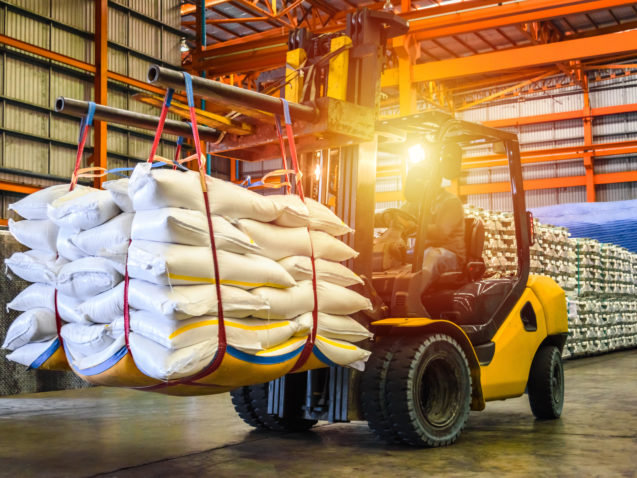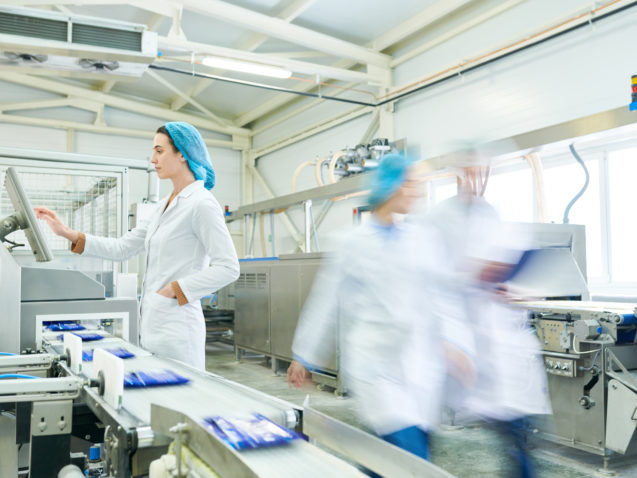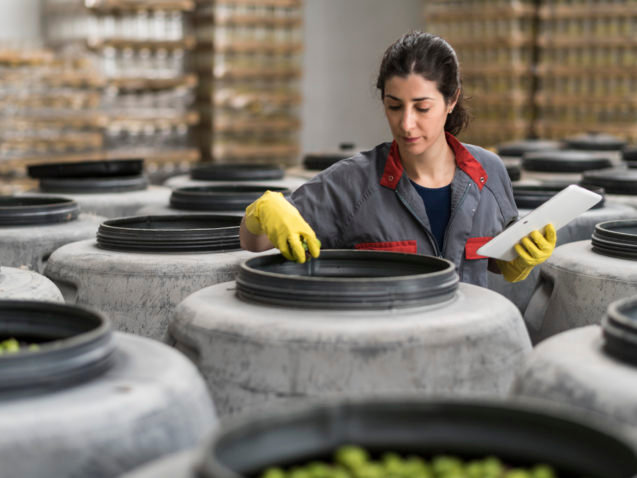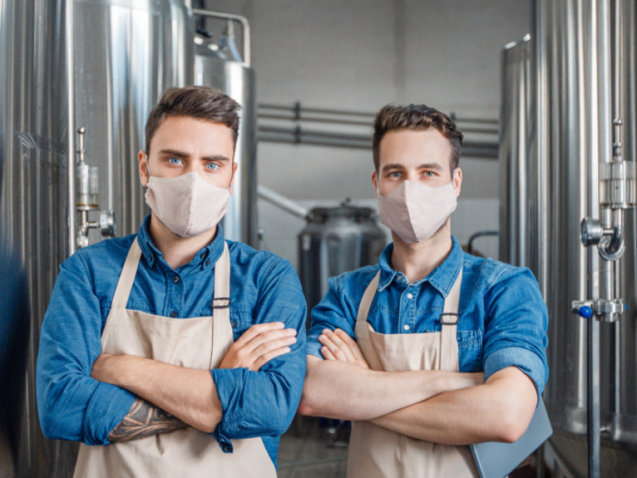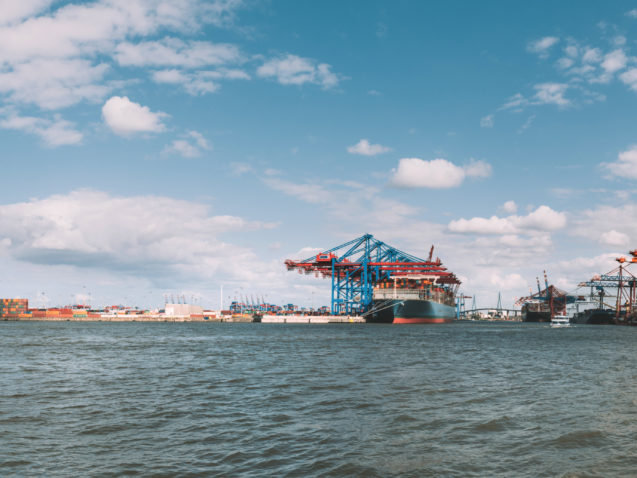In view of the ongoing Coronavirus situation, please see below a Q&A from FoodDrinkEurope:
Is food a vector for the Coronavirus?
The protection of human health is the number one priority for the food and drink industry and FoodDrinkEurope continues to monitor the Coronavirus outbreak and the scientific evidence related to its spread.
As of today, food has not been identified as a likely source or route of transmission of Coronavirus. Experience with other similar viruses suggests that people cannot be infected with Coronavirus through food as the virus needs a host (animal or human) to grow in. This, together with the relatively low environmental stability of Coronavirus, make it unlikely that food products could be a source of infection, according to our best knowledge.
The European food and drink industry will continue to monitor developments regarding COVID-19 in relation to food products and will act in accordance if there are any changes in the risk assessment. See here for more information from the European Food Safety Authority.
How is Coronavirus impacting the food and drink industry?
The food and drink industry is the largest manufacturing industry in Europe with 294,000 businesses and a 4.7 million-strong workforce providing over 1.5 billion meals every day. The industry is also an important market for farmers – buying 70% of all EU farm produce. Disruptions due to Coronavirus will therefore have a serious impact on businesses, workers and the wider agri-food supply chain.
Safety is always our number one concern. Our company members are ensuring their workforces follow appropriate measures by adhering to official advice from their relevant authorities to protect themselves and others from Coronavirus.
Members are also trying to maintain business operations, where possible, to ensure food and drink products reach their intended markets. Having said that, many businesses have been impacted in recent weeks. Problems include queues for lorries to cross borders and drivers unable to enter countries for fear of being unable to exit. Given that the agri-food supply chain is complex and multinational, any travel blocks will disrupt business.
Finally, given that 99% of the 294,000 food and drink companies in Europe are small and medium-sized enterprises (SMEs) it will be critical that all vulnerable business receive the support they need to survive the economic shock created by Coronavirus.
How can the industry mitigate any impact?
To mitigate any disruption, companies are adjusting their supply chains according to their specific circumstances. National food and drink federations are also in contact with their national authorities to explore ways to minimise impact.
FoodDrinkEurope will continue to work with members to monitor the impact on the industry and will maintain contact with the European Commission and other relevant authorities to ensure supply chains are disrupted as little as possible.
How can the European Commission assist food and drink businesses?
On March 13, FoodDrinkEurope wrote to the European Commission asking for it to protect the single market and discourage the creation of unnecessary national barriers, where it does not compromise human health. Where possible, the free movement of goods within the EU single market must continue to enable food and drink supply chains to function effectively and to ensure the industry can continue to meet food demand across Europe and beyond.
FoodDrinkEurope assured the Commission that the food and drink industry will help in any way possible to help manage the crisis.
What has the European Commission done so far?
On March 16, the Commission presented guidelines for border measures to protect health and keep goods and essential services available. It said that the free circulation of goods “is crucial for essential goods such as food supplies”. More generally, it said that control measures should not cause serious disruption of supply chains, essential services of general interest and of national economies and the EU economy as a whole. More information on the Commission’s activities can be found here.
Where can I find more information on Coronavirus?
More detailed information (in English) on COVID-19 and food can be found at the following links: European Centre for Disease Prevention and Control; European Food Safety Authority; and the World Health Organisation.




